Published date
Written by
A few months ago, my husband and I weighed the merits of bringing our 6-month-old to Japan in December. On the one hand, after more than a year of not travelling, we were dying to escape Singapore's hot weather.
On the other hand, as a couple whose baby has only ever experienced our hot and humid climate, we had no idea how to prepare her for the winter. Would she need a snowsuit? How about a stroller blanket? And is there such a thing as baby HEATTECH? (I'll save you a Google search: yes, but sizes start at 80cm.)
Bundling up our baby felt like so much work that I proposed vacationing at an all-inclusive resort in Bali instead. But our craving for fresh sashimi and piping hot ramen proved stronger than our fear of the cold, so off we went.
Here's what we learnt from the experience:
Layering is key
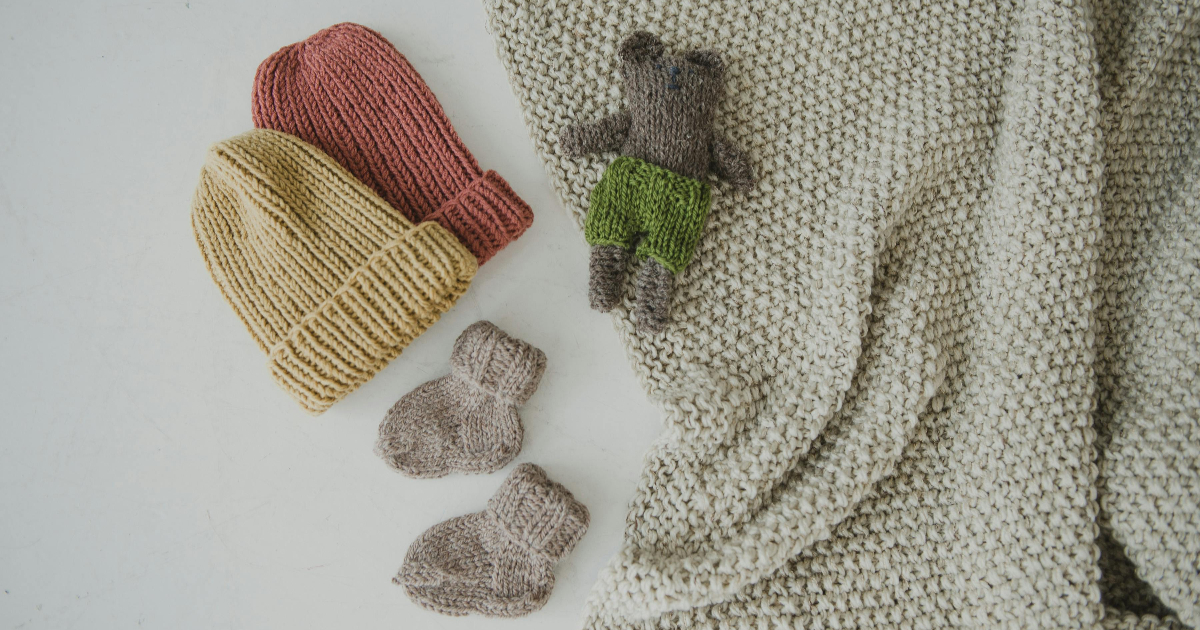
As important as it is to buy winter-appropriate outerwear for your baby, staying warm begins with choosing the right layers. You'll need a minimum of three layers:
- Start with a base layer made of breathable fabrics to wick sweat (more on that later) — for our baby, this meant a cotton long-sleeved romper with long pants. If you're travelling somewhere especially cold, you can consider using HEATTECH inner wear since it's insulating yet absorbent.
- Add a middle layer made of fleece or wool — this can look like a cardigan, a sweater, or even full-body onesie.
- Finally, prepare an outer layer for outdoor activities. This is where your baby's snowsuit and waterproof, windproof jacket will come in.
Layers not only kept our baby warm, but they kept her from overheating whenever we were indoors (especially when we were packed like sardines inside the trains).
Feeding a baby indoors when she's bundled up also ends up being a sweaty affair, so make sure layers are easy to shed — our baby cried way harder when she was hot than when she was cold.
Cover their extremities
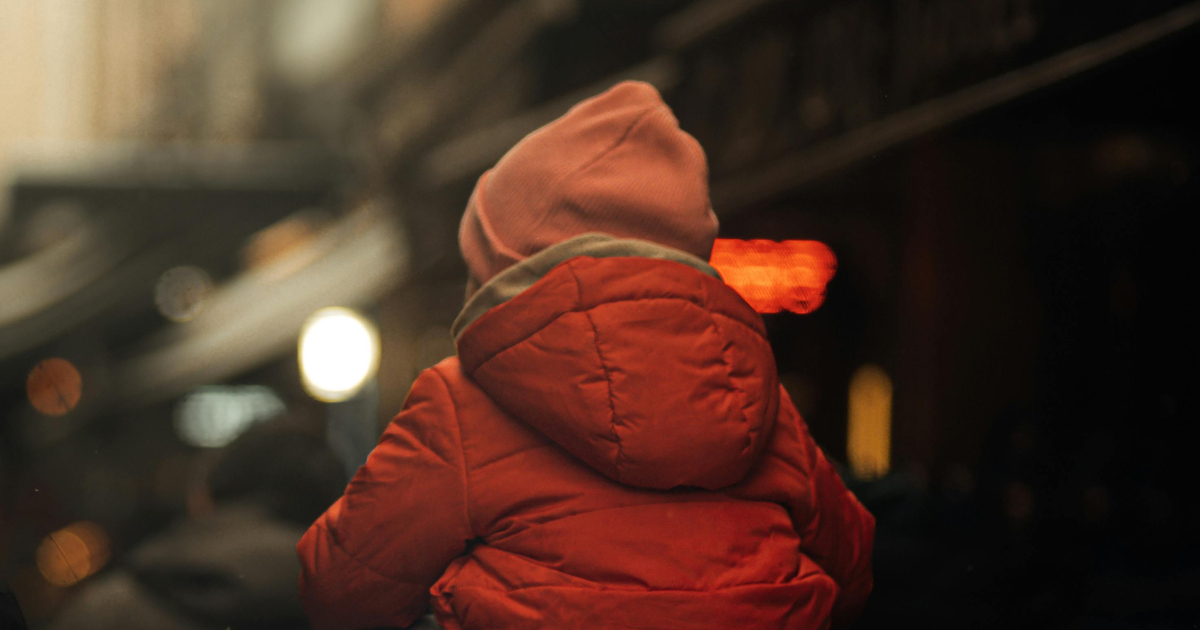
Don't forget the hat, especially if your baby is on the botak side like ours. Make sure it fits snugly over their ears as well!
You'll also need to invest in some long, thick socks for the winter. The ones our baby wears in Singapore were way too short — on our first day in Japan, her legs kept on getting cold because her pants kept riding up her calves. Invest in a few pairs that extend to the knee and that don't roll down easily.
Consider using a stroller blanket
Bonus points if it can double as a carrier blanket. Unlike regular blankets, you can clip these to your stroller or carrier, thus preventing your baby from kicking them every which way.
I thought I could buy one at the last minute, but as it turns out, these are hard to come by locally since there isn't exactly a demand for them in Singapore. E-commerce sites ship them mostly from China, South Korea, or Japan, so either order yours in advance or buy one once you reach your destination.
Moisturise your baby's skin
Most, if not all, Singaporeans who've travelled to a winter country know how prone we are to cracked skin and chapped lips in cold, dry climates. It's so much worse for babies, especially if they've only ever experienced Singapore's heat and humidity.
As first-time parents who haven't travelled out of Singapore in almost a year, we completely forgot about this. Our baby spent the entire trip looking like Anpanman (it didn't help that we also forgot to apply SPF). Talk about mum guilt!
Bath time is war
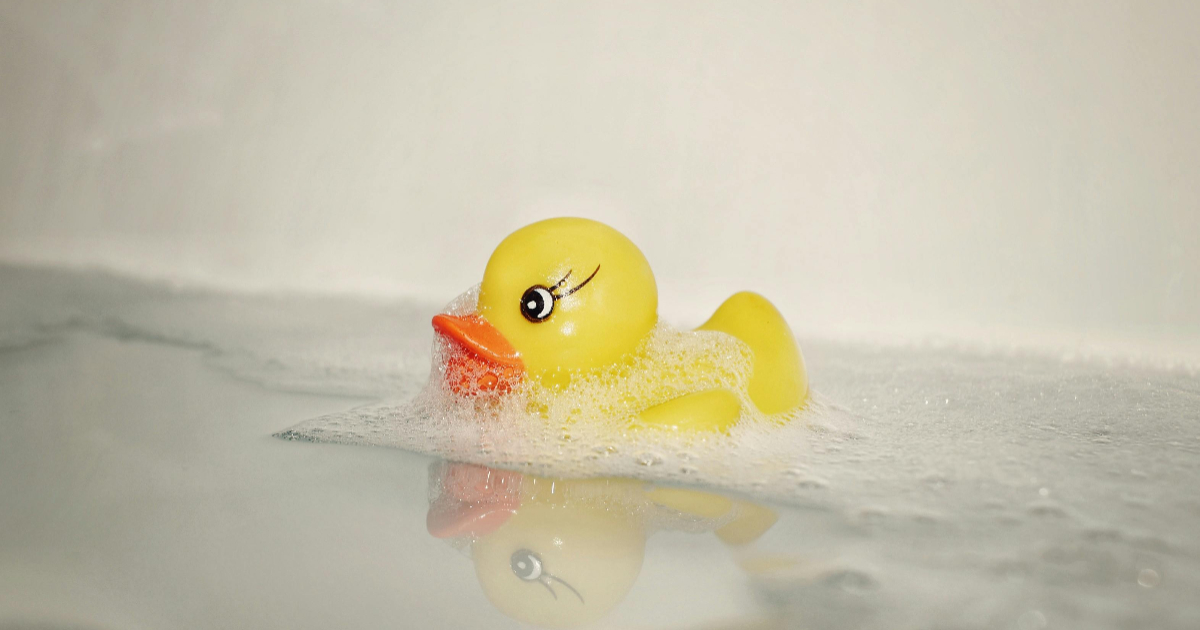
Our baby loves baths in Singapore but oh, how wrong we were to assume she'd love them in Japan. The minute her butt hit the water, she'd start wailing. I guess to her it was like being submerged in an onsen from only the waist up.
My advice: To mitigate the wailing, steam up the bathroom until it feels like a sauna. And if all else fails, bathe your baby in five minutes or less.
Keep your baby hydrated
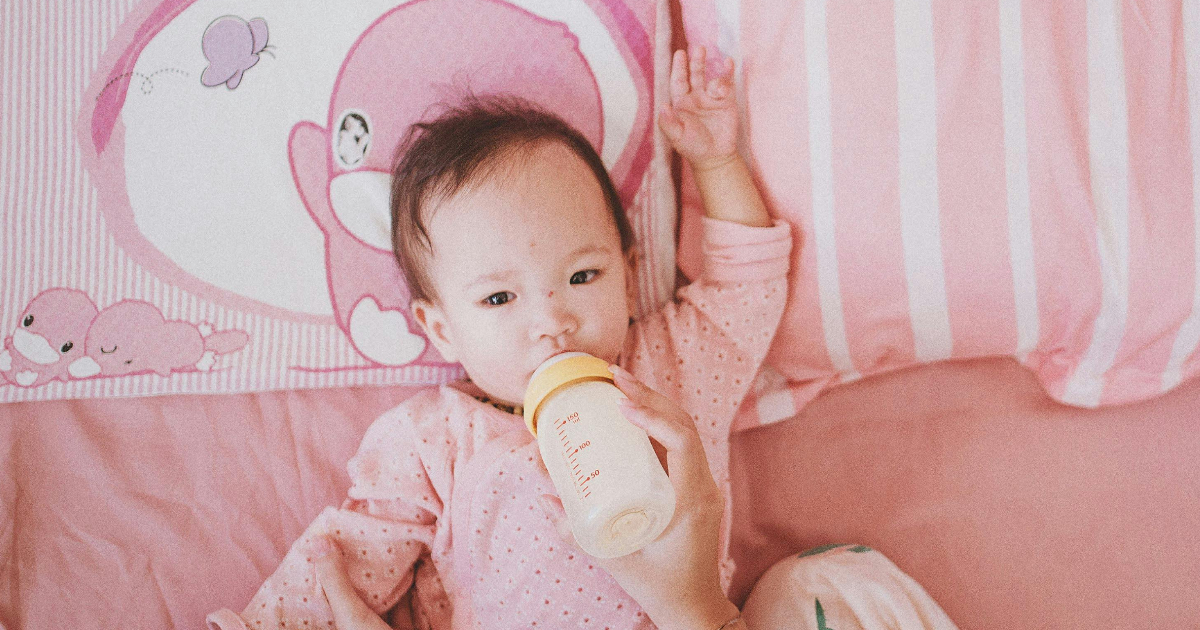
Don't let the cold fool you into thinking your baby isn't sweating — they get surprisingly damp once you're indoors. Factor in the dry weather, and you'll be surprised by how much more your baby drinks when it's cold!
When you're out, either prepare extra milk or be prepared to nurse more frequently than usual as the weather might make your baby extra thirsty.
Use a warm sleep sack or fleece jammies, NOT blankets
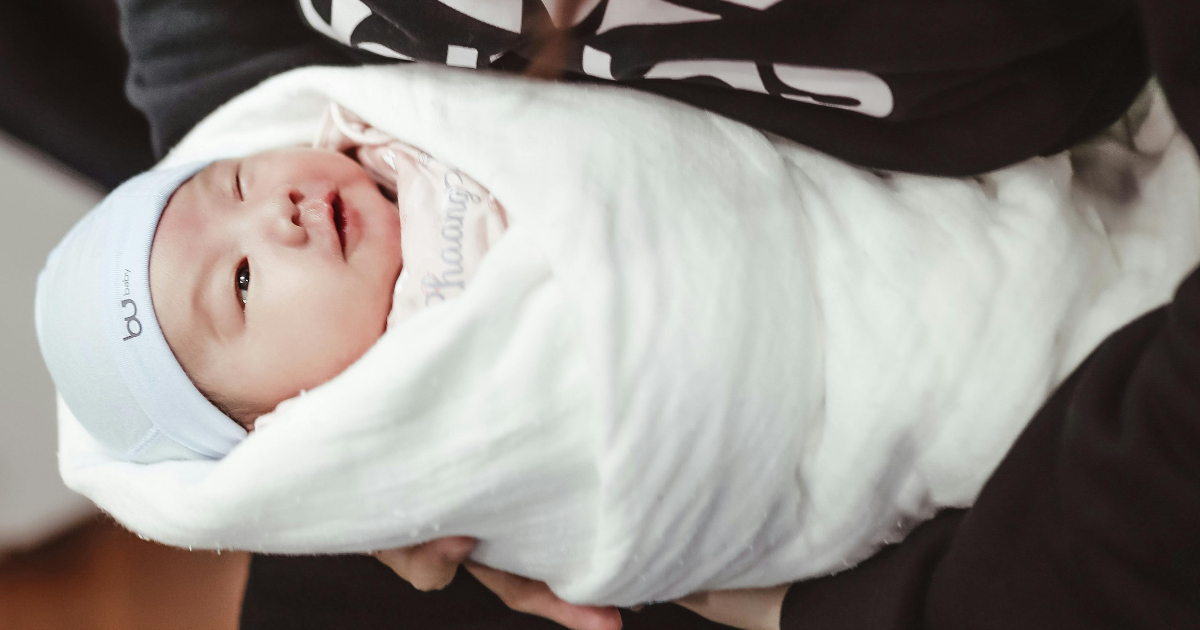
You might be tempted to tuck your baby under a downy comforter when she's sleeping in the hotel, but remember, blankets put babies at risk of suffocation. Instead, pack a few sets of extra warm pyjamas, velcro swaddles (pictured above), and zippered sleep sacks.
Invest in a portable electric kettle or thermos
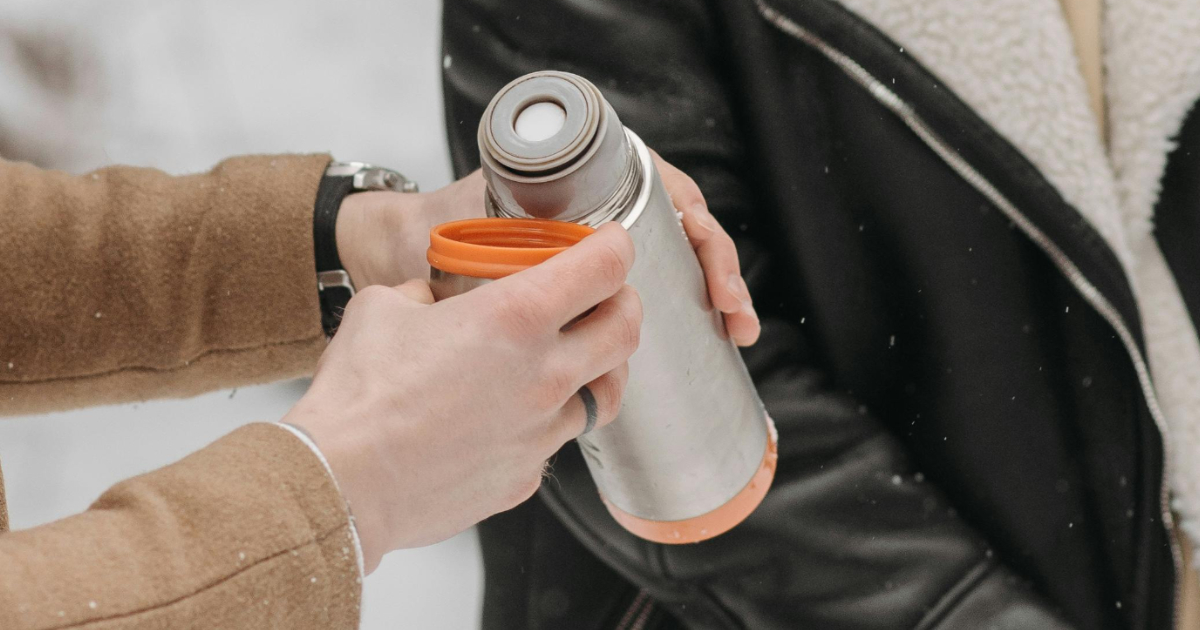
Depending on where you're going, most restaurants will accommodate a request for hot water to heat up baby's food or milk. But if you're worried about being caught in a pinch, consider getting a battery-operated thermos that can heat up liquids and keep them warm for at least 12 hours.
[[nid:712445]]
